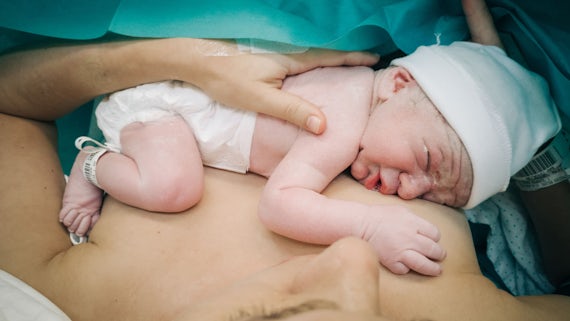Using tropical rainforests to treat infection

Therapeutics derived from Australia’s indigenous rain forests could be used to treat antibiotic-resistant bacterial infections and chronic skin wounds.
An Accelerate-backed partnership between Cardiff University and Australian biotech company QBiotics is exploring how compounds found in seeds from Queensland’s Fountain’s Blushwood Tree can be harnessed to create novel wound-healing therapies.
Normal healing involves different stages which restore the skin’s structure and function. However, abnormalities to these processes can cause significantly delayed or excessive wound healing, culminating in chronic wounds or dermal fibrosis. Antimicrobial resistance (AMR) can occur in bacteria, viruses, fungi and parasites.
A collective of microbes can lead to a formation of a biofilm, where the microbes stick to each other and adhere to a surface. Bacterial biofilms are associated with around 80% of chronic infections and non-healing wounds in humans, and resist drugs such as antibiotics.
To mitigate this, therapeutic interventions have explored ways to prevent or disturb the formation of biofilms and facilitate drug delivery into these biofilms.
Chronic wounds, such as venous leg ulcers and diabetic foot ulcers, are a major cause of disability, particularly amongst the ever-increasing ageing population. They occur in around 3% of the Welsh population and cost NHS Wales over £30 million per year to treat.
Excessive dermal scarring (fibrosis) is another largely unmet clinical need, usually occurring as a consequence of keloid or hypertrophic scarring, burn injuries or trauma.
Consequently, chronic wounds and dermal fibrosis pose significant challenges to healthcare services worldwide. Dr Ryan Moseley, a specialist in wound repair and regeneration at Cardiff University, is working to examine and address inadequacies in wound healing therapies.
Through a collaborative 16-month venture with QBiotics and the QIMR Berghofer Medical Research Institute, Cardiff University researchers have discovered the unique healing properties of epoxy-tigliane compounds found in seeds from the Fontain’s Blushwood Tree.
The compounds are being examined by the researchers to see how epoxy-tiglianes induce their desirable wound healing effects. QBiotics specialises in the discovery of new pharmaceuticals, sourced from the untapped flora and fauna within the unique natural habitats of Australia's tropical rainforests, to treat major health problems such as cancer and impaired healing.
The company is developing one epoxy-tigliane (EBC-46) as an anti-cancer drug against solid tumours. In addition to its anti-cancer effects, EBC-46 has been shown to stimulate exceptional skin healing, following tumour destruction.
This has led the Cardiff researchers to evaluate the effects of EBC-46 and other epoxy-tigliane compounds on fibroblast and keratinocyte wound healing responses and their underlying mechanisms of action.
In addition to developing new therapies, the project will also help to build connections within the Welsh life-science ecosystem, develop opportunities for further collaboration between project partners, generate case studies and lead to peer reviewed publications.
Read the published case study

Investigating the use of epoxytiglianes as novel anti-biofilm therapeutics for a range of wound healing and anti-infective applications
A case study to develop novel therapeutics derived from the Queensland rain forest.
If this document cannot be read by your assistive software, you can request an accessible version by emailing web@cardiff.ac.uk. Please include the assistive tools you use and the format you require.
Our research creates benefits across health, society and the economy.

